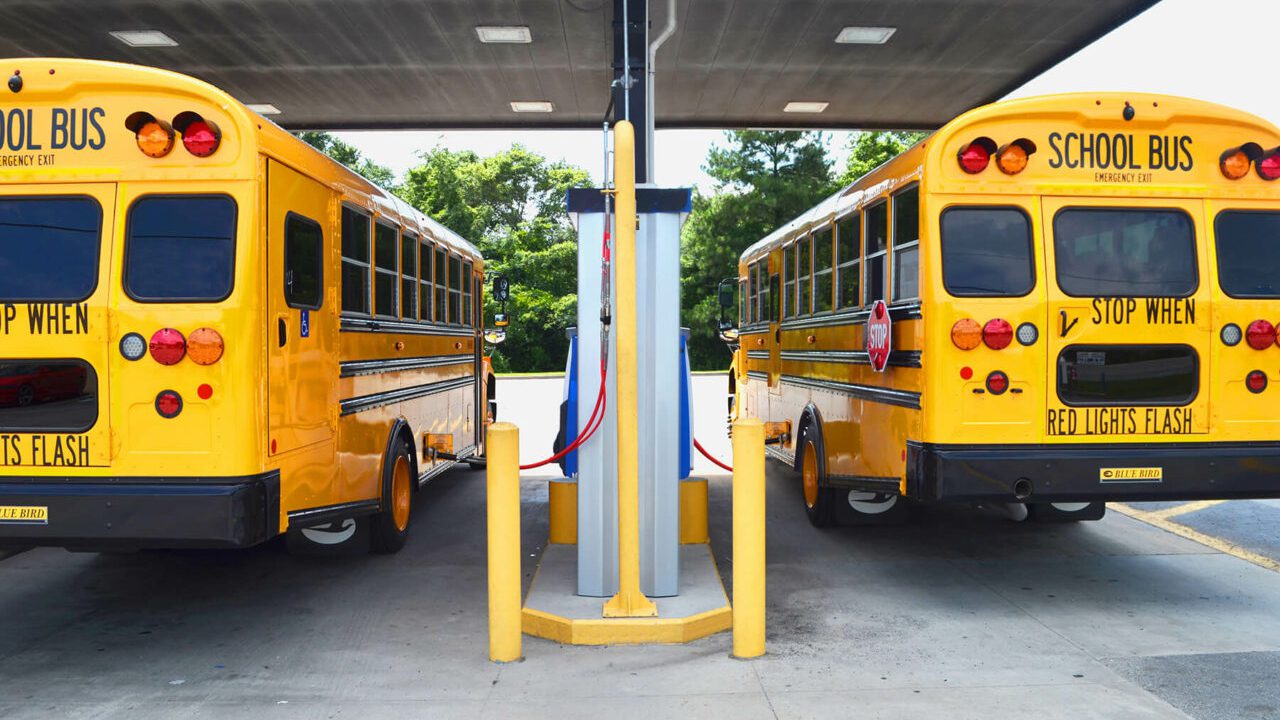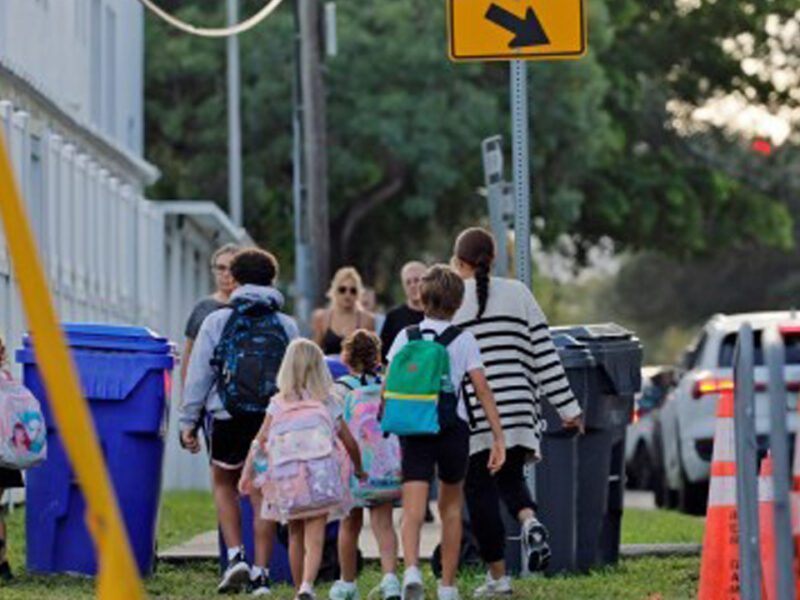Bill advances to shift charter schools’ building costs to local funding
Florida Politics | By Anne Geggis | April 20, 2023
The change in charter school funding gets final committee OK.
Legislation that would require public schools to share a portion of school tax collections with charter schools — and double what these schools collect for building funds annually — is teed up for the Senate floor.
The bill, which could mean $490 million shifts annually from traditional public schools’ capital funds to charter schools’, passed amid Democrats’ protests that public schools will suffer as a result.
Republican Sen. Travis Hutson of St. Johns introduced the bill (SB 1328). The Senate Appropriations Committee passed an amendment to make it more similar to the House legislation (HB 1259). That bill, proposed by Republican Rep. Jennifer Canady, is now on the House’s second reading calendar.
Hutson said the bill aims to fund charter school students just as public school students are funded.
“We should have parity between the schools and the charters themselves, because ultimately, we’re benefiting the child and that’s the goal of the bill,” Hutson said, noting that school districts have taxing authority that charter school companies don’t.
Democratic Sen. Jason Pizzo said, however, that parents are making an alternative choice, and that choice should get alternative funding, particularly since these schools are also private businesses, albeit nonprofits.
“This is effectively me wanting to open a pizzeria, right?” Pizzo said. “I’m getting you to pay for the oven, the tables and everything. Regardless of the number of customers I pledged to you that I will have, right?”
Right now, charter schools get their capital needs met via the state General Appropriations Act. The amount of that state funding is expected to be $213 million for the next school year.
This bill would mean that, over a five-year period, the source of charter schools’ capital funding would shift. And, gradually, it would all come from local school districts’ tax revenues, particularly those counties that levy a local sales tax for capital funding.
A House analysis of the similar legislation determined that, given the current number of schools, charter schools would be receiving $490 million from public school districts’ local revenues next year if the gradual phase-in were not in force.
Chris Moya, an advocate for Charter Schools USA, said it’s logical that charter schools should get a greater share of public money. He took Duval County schools as an example.
“They would be expected to share 1.9% of their 1.5 mil money (that schools have the discretion to levy per $1,000 of property value for their tax rate) but their charter school population is 19.3% of the students — not even close to equitable,” Moya said.
Democratic Sen. Tina Polsky of Boca Raton noted the bill provides charter schools with capital funding, even if they haven’t demonstrated a need. Meanwhile, some of the public school buildings in the districts she represents don’t have working air conditioning.
“They should be getting building renovation money on an as-needed basis,” Polsky said. “There are some (charter schools) in my district that are brand new — these beautiful new buildings. So then are they going to build a pickleball court for their kids while the public schools don’t even have air conditioning?”
Democratic Sen. Tracie Davis of Jacksonville noted the analysis recommends charter schools demonstrate a need before they get capital needs funding. “There’s work to do here,” Davis said of the bill.
Republican Sen. Gayle Harrell of Stuart said she supports the bill entirely.
“These are public tax dollars,” she said. “They need to go with the child.”






